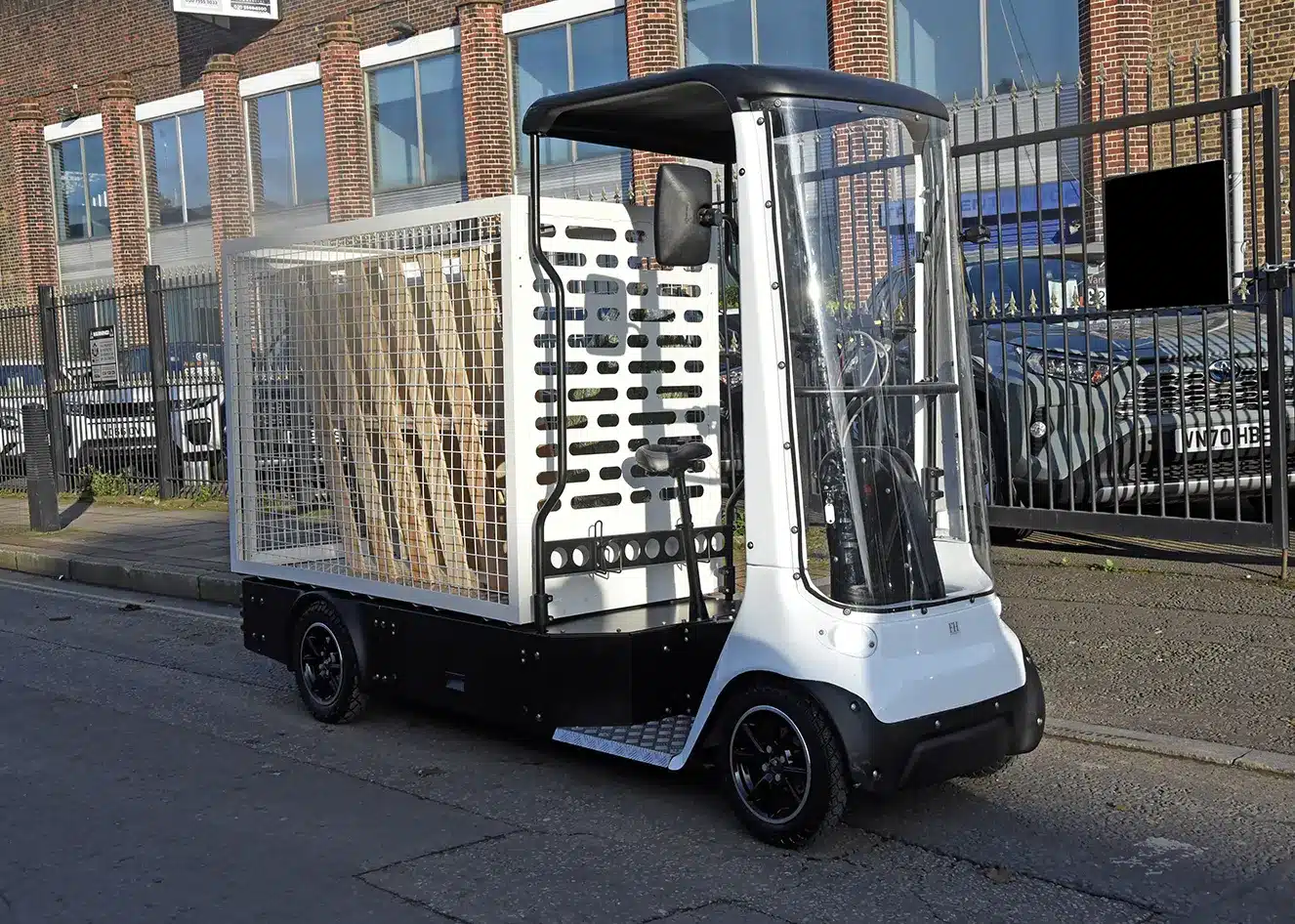As urbanization continues to expand, managing waste in cities has become an increasingly complex and pressing issue. Traditional waste management systems often struggle to cope with the volume of waste produced in dense metropolitan areas. To address this challenge, innovative solutions like Fernhay’s eQuad have emerged. Designed for efficiency, sustainability, and adaptability, it offers a transformative approach to how waste is collected and transported within urban environments.
What is eQuad?
At its core, the eQuad is an electric-powered cargo bike that Fernhay has developed to navigate the narrow and often congested streets of modern cities. It is specifically designed for urban waste management and last-mile delivery, providing a zero-emission alternative to traditional trucks. Unlike larger vehicles, the eQuad is nimble, allowing it to move through pedestrian areas, bike lanes, and other restricted zones where conventional vehicles struggle.
The Key Features of eQuad
1. Zero Emissions
It runs entirely on electricity, making it an eco-friendly solution for waste collection and other urban logistics. By eliminating the need for fossil fuels, it helps reduce the carbon footprint of city operations, aligning with global efforts to combat climate change.
2. Compact and Maneuverable Design
One of the main advantages is its ability to navigate through tight spaces. With urban centers becoming more crowded, the eQuad’s compact design allows it to bypass traffic and reach areas that would be inaccessible to larger vehicles.
3. High Payload Capacity
Despite its smaller frame, it can carry significant loads. This high payload capacity ensures that it remains a practical option for waste collection, allowing multiple trips per day to be more efficient and reduce operational costs.
Why Urban Waste Management Needs Innovative Solutions
Urbanization and the Waste Dilemma
As cities grow, so does the amount of waste generated. Traditional waste management methods, which often rely on large trucks and centralized depots, are inefficient in urban settings. Streets become congested, emissions increase, and waste collection can be inconsistent.
Sustainability in Focus
There is a growing global push toward sustainability, particularly in urban centers where pollution and carbon emissions are higher. As a result, cities are looking for greener alternatives to waste management, and Fernhay is perfectly positioned to meet this need.
How Fernhay’s eQuad is Transforming Waste Management
1. Enhancing Efficiency in Waste Collection
eQuad’s maneuverability allows it to perform waste collection in highly populated or restricted areas where trucks can’t operate. By providing direct access to tight urban spaces, waste collection becomes quicker and more efficient.
2. Lowering Operational Costs
Compared to traditional gas-powered waste collection trucks, they offer cost savings in terms of fuel, maintenance, and congestion-related delays. Moreover, by leveraging electric power, operators can avoid fluctuating fuel prices.
3. Reducing Environmental Impact
A key mission for Fernhay is to promote sustainable urban development. The eQuad helps in this regard by cutting down CO2 emissions and reducing air pollution—major issues associated with traditional waste management practices.
The Future of Urban Waste Management with eQuad
As cities continue to grow and the demand for sustainable solutions increases, the role of vehicles like Fernhay’s eQuad will become even more critical. Urban planning and waste management departments are increasingly prioritizing eco-friendly solutions, and eQuad is leading the charge in providing an effective, sustainable alternative. Moreover, as regulatory pressures grow to reduce emissions, cities are likely to shift toward electric-powered vehicles like eQuad to meet new standards.
Conclusion: A Path Toward a Cleaner, More Efficient Future
It is not just an innovative solution for urban waste management—it represents the future of city logistics. By combining sustainability, efficiency, and adaptability, the eQuad provides cities with a modern alternative to outdated waste management systems. As more municipalities adopt eco-friendly solutions like ours, we can expect urban environments to become cleaner, more sustainable, and less congested.

